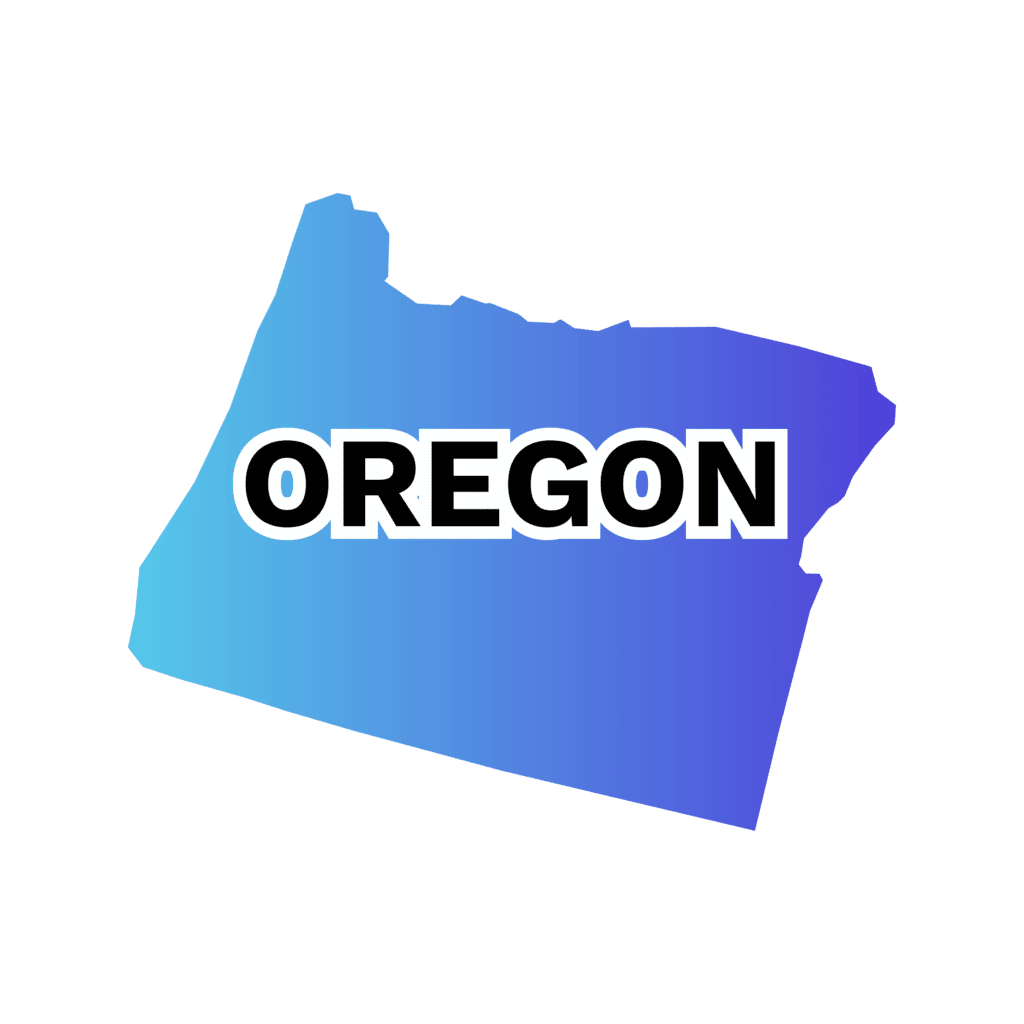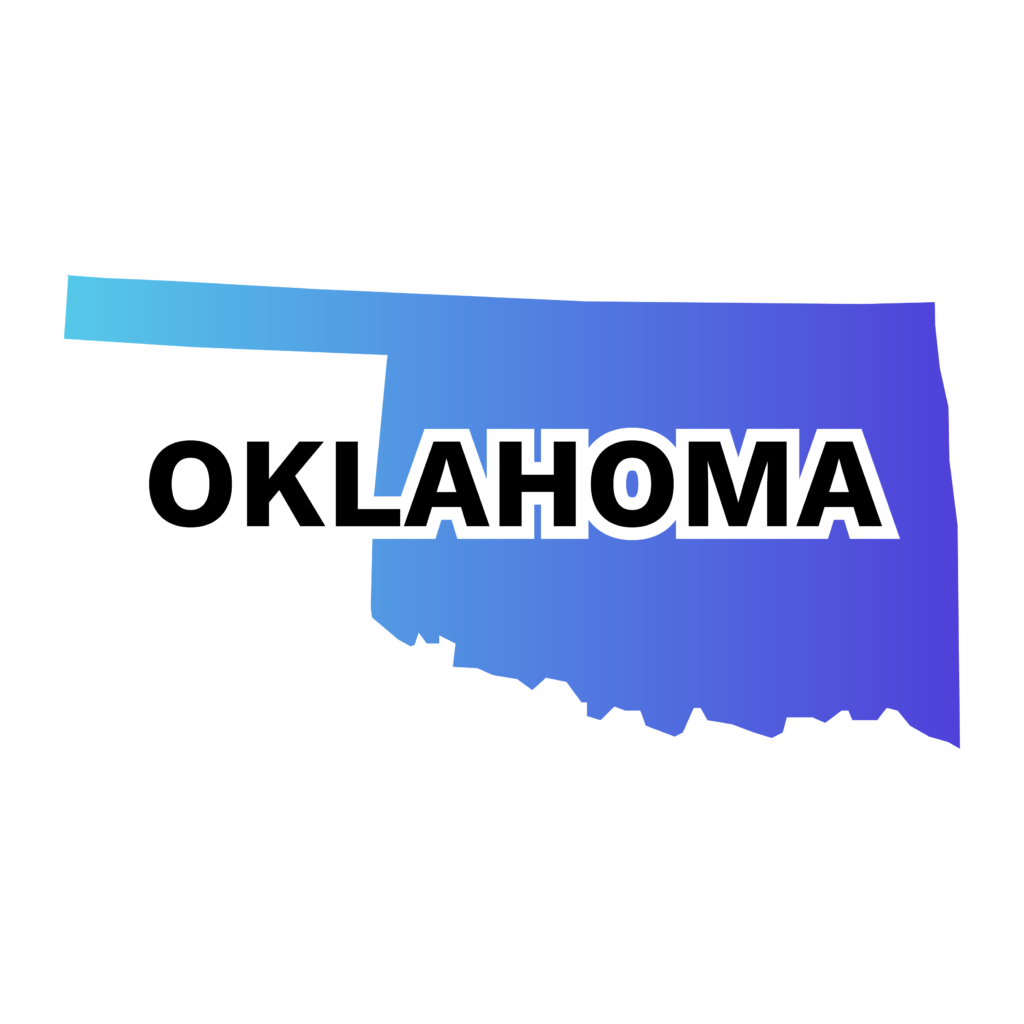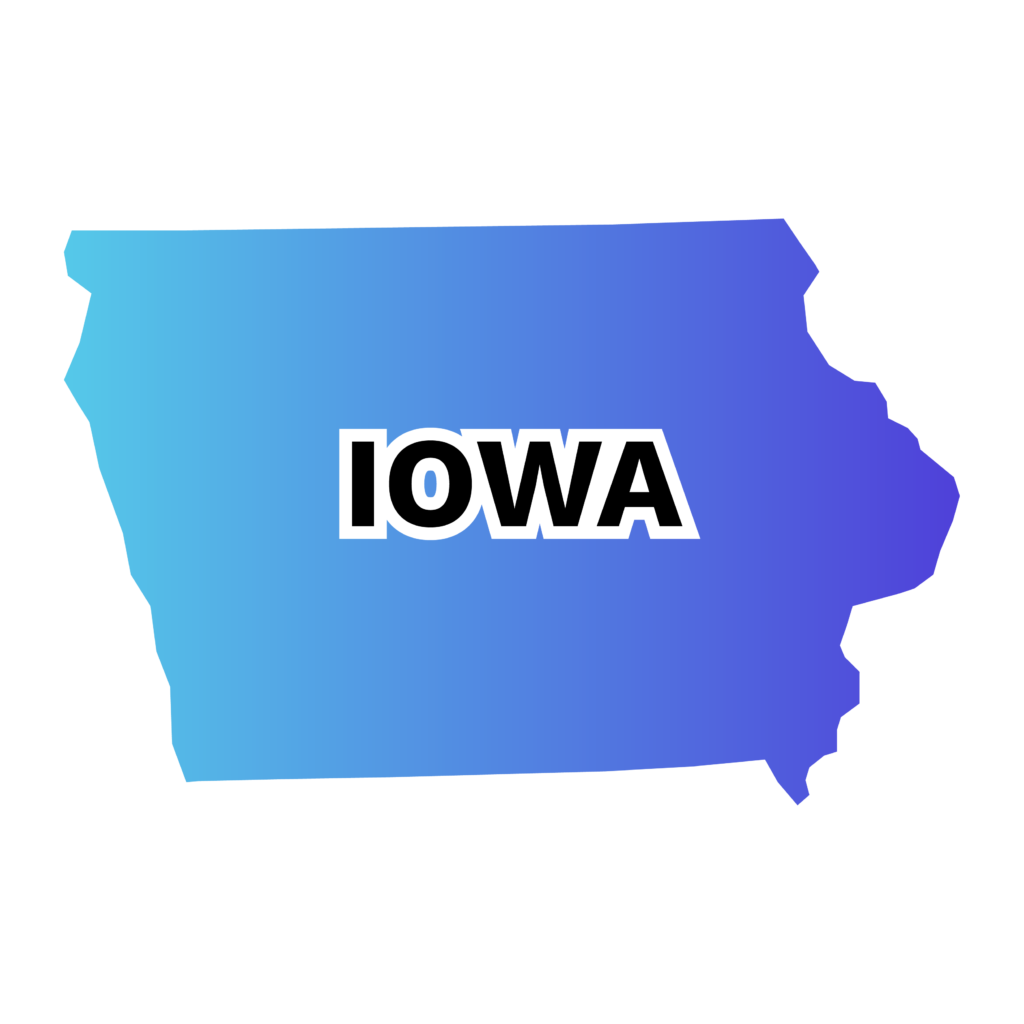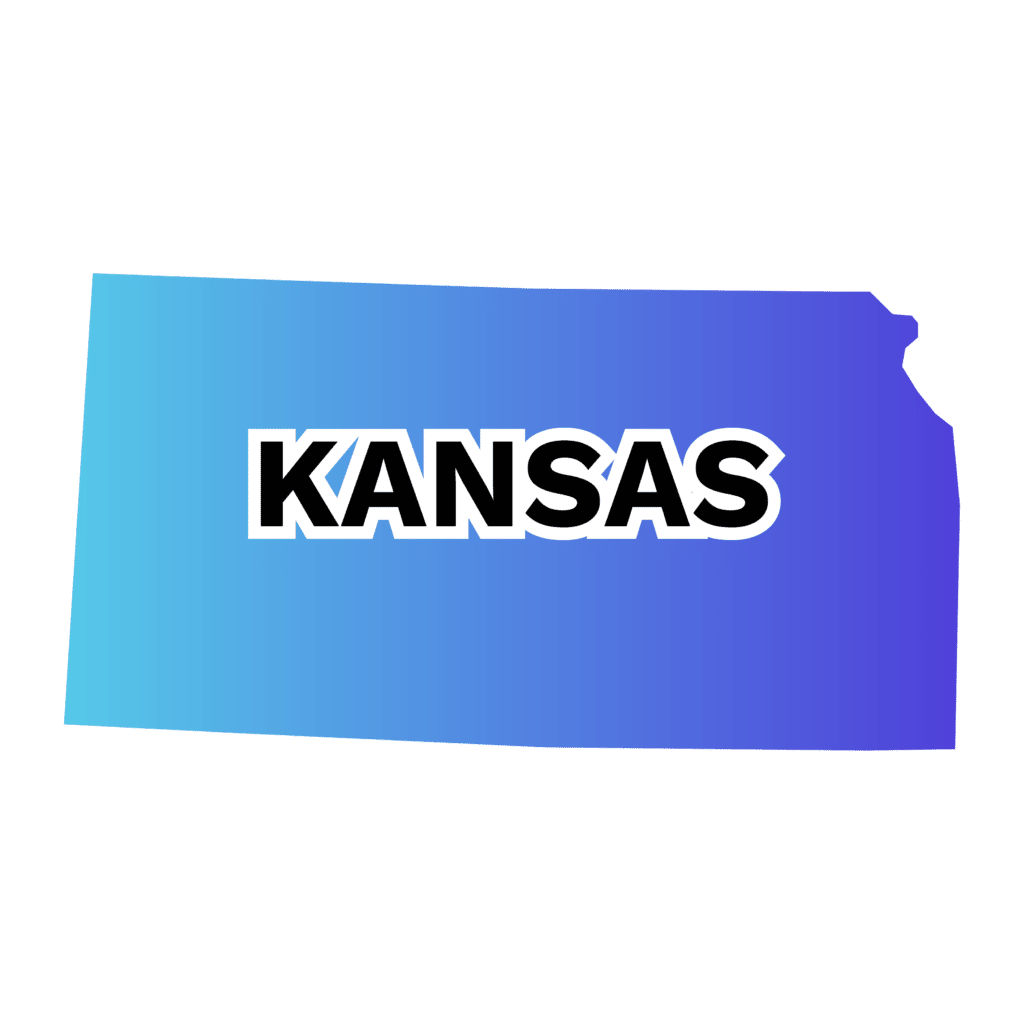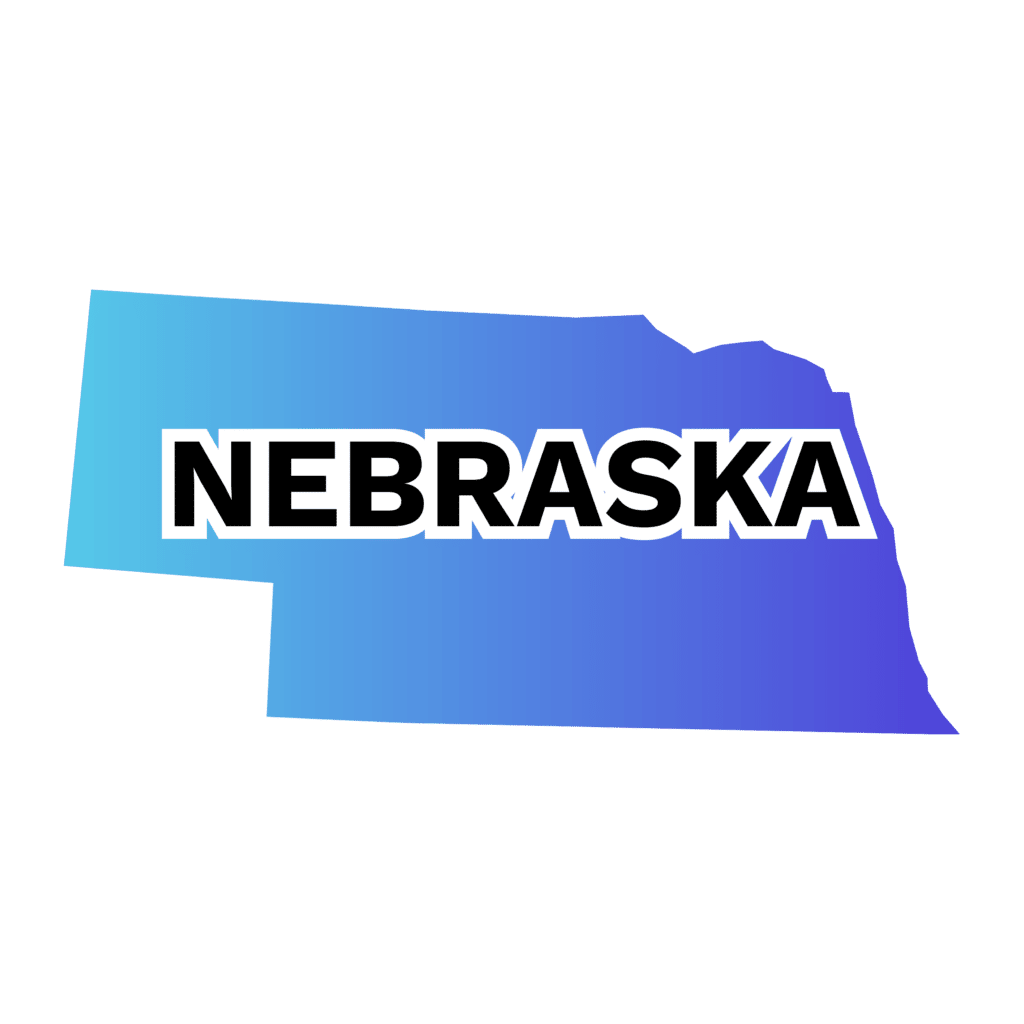In the face of a rapidly evolving accounting landscape, where emerging technologies continue to reshape the profession, the path to becoming a Certified Public Accountant (CPA) in New Hampshire remains a journey of rigorous standards and precise requirements. As highlighted in a recent article from the CPA Journal, ‘Accounting Education Disrupted,’ the entire accounting ecosystem, including education and certification processes, has undergone significant changes due to technological advancements and shifting industry dynamics. This evolving scenario presents both challenges and opportunities for CPA candidates in New Hampshire.
In this comprehensive guide, we will delve into the specifics of the New Hampshire CPA Exam and licensure requirements. From the educational prerequisites essential for sitting the exam to the detailed process of obtaining and maintaining a CPA license in New Hampshire, this article aims to provide a clear roadmap for aspiring accountants. Whether you are just embarking on your accounting career or seeking to align your qualifications with the current demands of the profession, understanding these requirements is crucial in navigating the path to CPA licensure in New Hampshire’s dynamic accounting environment.
Steps to Get a New Hampshire CPA License
Embarking on the path to CPA licensure in New Hampshire involves a series of well-defined steps, each crucial to achieving this professional designation. Here’s a concise overview of the process:
1. General Requirements – There is no age or residency requirement for CPA licensure in New Hampshire.It’s important to note that although a Social Security Number (SSN) was NOT initially required, in New Hampshire, it is now a requirement for renewal. This is causing some current CPA candidates to seek reciprocity elsewhere.
As one Reddit Thread discussed: I obtained my CPA license in New Hampshire as an overseas candidate back in 2016. In recent renewal NH has changed the Social Security Number as a mandatory, and gave me a 2 months to provide SSN or ITIN. For those who are overseas and has neither of those numbers, how were you able to renew your license. Did anyone tried to switch to SSN free jurisdictions like New York?
Other candidates suggested states like New York, Michigan, and North Dakota.
2. Meet Education and Verified Work Requirements – In New Hampshire, aspiring CPAs must fulfill specific educational criteria, typically involving a bachelor’s degree with a concentration in accounting or a similar field, along with meeting the state’s 150-semester hour requirement. Additionally, candidates must complete the necessary work experience under the supervision of a licensed CPA.
3. Pass All Sections of the CPA Exam – The CPA Exam, known for its rigor, covers extensive topics crucial to the accounting profession. Candidates often benefit from enrolling in a CPA review course, which can provide structured guidance and improve exam preparedness.
4. Submit All Required CPA License Application Paperwork – Candidates must accurately complete and submit all required documents for their CPA license application in New Hampshire.
5. Pay the CPA License Application Fee – Pay the $75 application fee.
Education Requirements
- Degree and Credit Hours: To pursue CPA licensure in New Hampshire, candidates must have a bachelor’s degree or higher, and complete a total of 150 semester hours of college education. This higher education requirement aligns with the national standard for CPA licensure.
- Accounting and Business Coursework: Within these 150 hours, specific accounting and business-related courses are necessary. Candidates should complete at least 24 semester hours in accounting courses, covering essential areas like auditing, financial accounting, taxation, and management accounting. Additionally, 24 semester hours in business-related courses are required.
- Accreditation: The college or university from where the candidate graduates must be accredited by a recognized accrediting body. This ensures the quality and acceptability of the educational qualifications for CPA licensure in New Hampshire.
Work Experience Requirements
- Duration and Nature of Experience: Candidates aspiring for CPA licensure in New Hampshire must complete one year (2,000 hours) of accounting-related work experience. This experience should encompass a variety of tasks pertinent to public accounting, including auditing, tax services, financial consulting, or other relevant duties.
- Supervised Experience: The work must be supervised by a licensed CPA. This ensures that the candidate’s experience is both relevant and under the guidance of an experienced professional in the accounting field.
- Verification of Experience: The supervising CPA is tasked with verifying the candidate’s work experience. This includes a review of the nature and duration of the work performed. Accurate documentation of this experience, along with the supervisor’s verification, is required for the licensure process. Experience must be gained within six years immediately preceding the date the application is received for the 2-year requirement and five years for the 1-year requirement.
Ethics Exam
In New Hampshire, unlike in some other states, the completion of an ethics exam is not a requirement for CPA licensure. While many states include the AICPA Ethics Exam as a part of their CPA certification process, New Hampshire does not mandate this examination for CPA candidates. However, CPA candidates in New Hampshire are still expected to uphold high standards of professional conduct and ethical behavior in their practice. The state focuses on ensuring these standards through its education, examination, and work experience requirements for CPA licensure.
New Hampshire CPA Exam Fees
| Auditing and Attestation (AUD) | $419.80 |
| Business Environment and Concepts (BEC) | $419.80 |
| Financial Accounting and Reporting (FAR) | $419.80 |
| Regulation (REG) | $419.80 |
| Education Evaluation Fee | $90 |
Total Examination Fee: The overall cost for taking all four sections of the CPA exam in New Hampshire totals $1,679.20. This amount is equally distributed across the four sections, with each section costing $419.80.
Education Evaluation Application Fee: As a preliminary step, CPA candidates in New Hampshire are required to pay an education evaluation application fee. This fee, which is $90, is levied for the assessment of a candidate’s educational background. It ensures that all CPA exam applicants meet the state’s academic requirements necessary for sitting the exam.
Understanding and budgeting for these fees are crucial steps in the CPA licensure process in New Hampshire, ensuring candidates are financially prepared for all aspects of their CPA journey.
CPA Exam Updates in New Hampshire
In New Hampshire, the CPA Evolution initiative is bringing significant changes to the CPA exam, especially affecting the Business Environment and Concepts (BEC) section. Starting January 10, 2024, the BEC section will be replaced by three new Discipline sections under a Core-Plus-Discipline model. CPA candidates will need to pass one of these Discipline exams along with the three Core Exams. Those preparing for the CPA Exam should aim to pass the BEC section before its final testing date on December 15, 2023. Successfully passing the BEC by this date will exempt candidates from one of the new Discipline sections in 2024, which will only be available for testing one month each quarter.
The CPA Evolution initiative is designed to align the CPA licensure process with the evolving business and accounting landscape, ensuring that the new CPA Exam structure equips candidates with a diverse range of skills suitable for modern accounting challenges.
Expert Tips to Become a CPA in New Hampshire
I advise aspiring CPAs in New Hampshire to focus on understanding the state’s unique business landscape. Engage with local networks like the NHSCPA for insights and connections, and stay updated on New Hampshire’s specific regulations. Tailoring your skills to meet the state’s diverse economic needs can open up significant opportunities.
Bryce Welker, CPA Expert
Local Professional CPA Organizations in New Hampshire
New Hampshire Society of Certified Public Accountants: The NHSCPA serves a diverse and growing membership of over 1,100 CPAs and accounting professionals.
New Hampshire Exam Information and Resources
For more details, please contact:
New Hampshire Board of Accountancy
7 Eagle Square
Concord, NH 03301
Email: [email protected]
Phone: 603-271-2152
FAQs
To qualify for CPA licensure in New Hampshire, you need to have a bachelor’s degree or higher and complete 150 semester hours of college education. This education should include at least 24 semester hours in accounting courses and 24 semester hours in business-related courses. The college or university must be accredited by a recognized accrediting agency.
CPA candidates in New Hampshire are required to complete one year (2,000 hours) of work experience in accounting. This experience must be supervised by a licensed CPA and can include tasks like auditing, tax preparation, and financial consulting. The experience should be documented and verified by the supervising CPA.
No, an ethics exam is not required for CPA licensure in New Hampshire. However, all CPA candidates are expected to adhere to high ethical and professional standards in their practice.
The total cost for taking all four sections of the CPA exam in New Hampshire is $1,679.20, with each section costing $419.80. Additionally, there is an education evaluation application fee of $140. Re-examination fees apply if you need to retake any sections of the exam.
Yes, international students can apply for CPA licensure in New Hampshire. They must meet the same educational and examination requirements as U.S. candidates. This includes having their foreign educational credentials evaluated by an approved evaluation service. International students must also complete the standard 150 semester hours of education, pass all sections of the CPA exam, and fulfill the work experience requirement under a licensed CPA. However, New Hampshire does not require a Social Security Number for CPA licensure, which can be beneficial for international candidates.
Bryce Welker is a regular contributor to Forbes, Inc.com, YEC and Business Insider. After graduating from San Diego State University he went on to earn his Certified Public Accountant license and created CrushTheCPAexam.com to share his knowledge and experience to help other accountants become CPAs too. Bryce was named one of Accounting Today’s “Accountants To Watch” among other accolades. As Seen On Forbes



